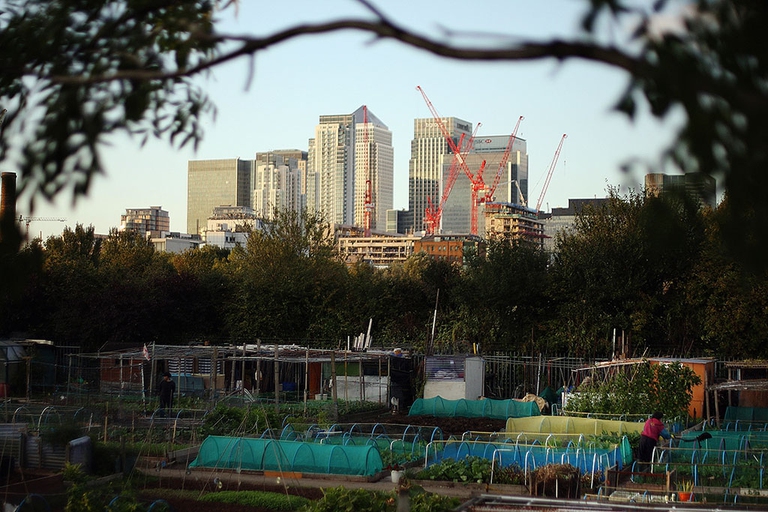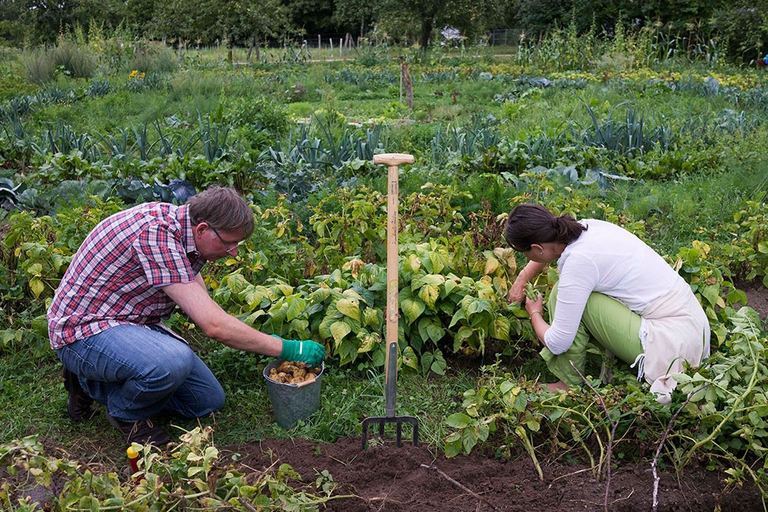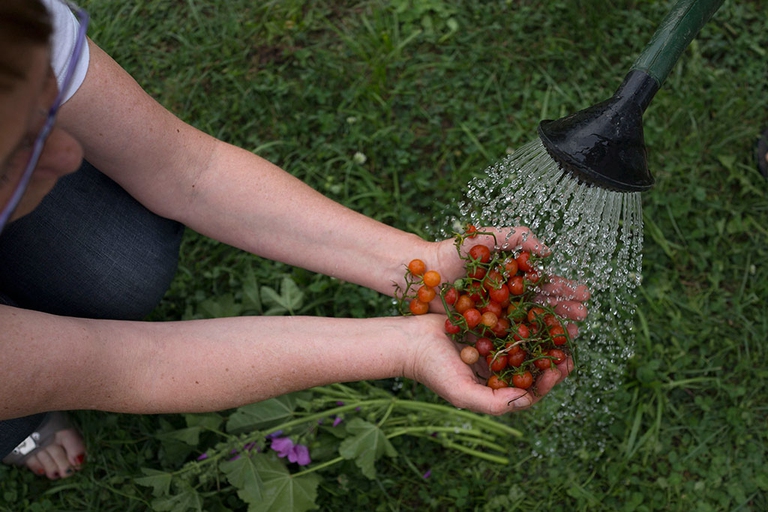800 million people practice urban agriculture worldwide. According to the Fao, almost a billion people grow plants and raise livestock within and around cities. This is a practice that promotes healthy food access to low-income people and helps them save money on groceries, yet it is illegal in many countries of the world. The
800 million people practice urban agriculture worldwide. According to the Fao, almost a billion people grow plants and raise livestock within and around cities. This is a practice that promotes healthy food access to low-income people and helps them save money on groceries, yet it is illegal in many countries of the world.
![agricoltura-urbana3]()
The organisation of the United Nations states that urban agriculture is an economic activity that creates job opportunities for women and contributes to the spread of nutrition education and the fight against poverty. In the urban and peri-urban areas can grow different types of crops including vegetables, fruits and grains and different kinds of animals can be bred including sheep, cattle, courtyard animals and fish. This provides the society with a variety of local healthier and more nutritious products at competitive prices, which has a positive impact on household food security, especially in times of crisis or food shortages.
![agricoltura-urbana2]()
Data demonstrate that food production in the city can be higher than in the country, as for harvests and the possibility of selling products. Nevertheless, in many countries urban farming is not recognised and integrated into urban policy and planning, due to the underdevelopment of the systems utilised. This fact has dramatic outcomes because farmers operate clandestinely, work in unsuitable conditions and eat foods grown in contaminated lands.
![agricoltura-urbana4]()
The commitment of the FAO in the countries where urban farming is illegal focuses on the support to governmental apparatuses that should result in a globally fairer integrated interventions and farming development.
Translated by Francesca Clemente
Siamo anche su WhatsApp.
Segui il canale ufficiale LifeGate per restare aggiornata, aggiornato sulle ultime notizie e sulle nostre attività.

Quest'opera è distribuita con Licenza Creative Commons Attribuzione - Non commerciale - Non opere derivate 4.0 Internazionale.











